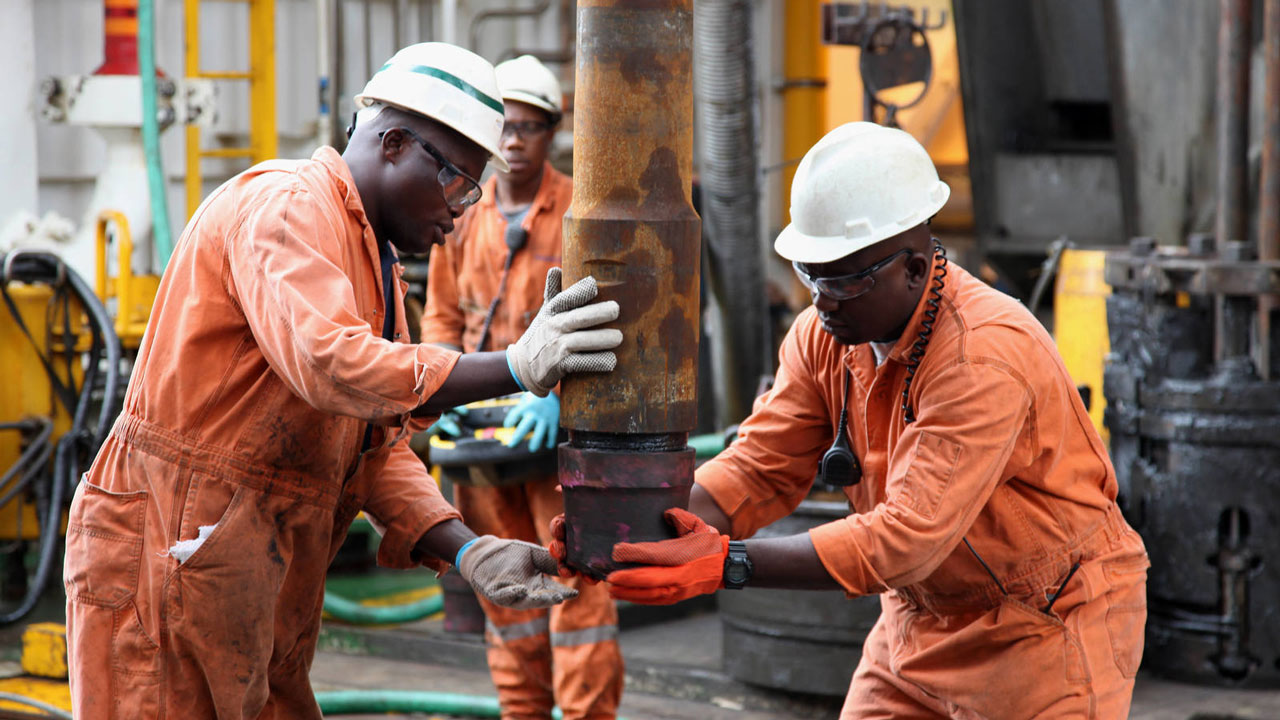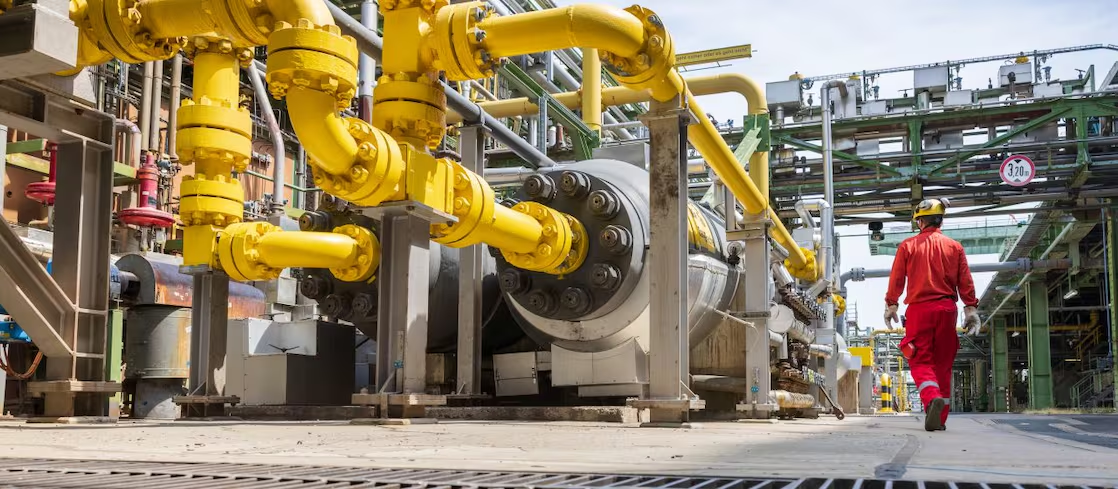Nigeria’s energy leaders are seeking investment opportunities abroad as labour unrest at home continues to disrupt the country’s refining sector. Minister of Petroleum Resources (Oil), Heineken Lokpobiri, Minister of State for Gas, Ekperikpe Ekpo, Minister of Power, Adebayo Adelabu, and the President’s Special Adviser on Energy, Olu Verheijen, are currently in South Africa engaging investors, even as labour unions back home paralyse key facilities.
Across Nigeria, major oil facilities and offices remain shut amid fears of fuel shortages as the Petroleum and Natural Gas Senior Staff Association of Nigeria (PENGASSAN) continues its strike action against Dangote Refinery over the sacking of workers. Initial meetings with key industry players have reportedly ended in deadlock, raising concerns among experts over potential domestic supply gaps, particularly for LPG.
President Bola Tinubu used the Africa Energy Week in Cape Town to urge African nations to mobilise their resources to boost oil production, expand refining capacity, and reduce dependence on external financing.
Represented by Minister Lokpobiri, the President said Africa possesses abundant resources, including oil, gas, solar, wind, and hydropower, yet continues to struggle with energy poverty due to insufficient infrastructure and financing.
“The resources needed to transform Africa’s energy future are here in Africa. We must mobilise them,” Tinubu said. He stressed that domestic financial capital, including assets held by African pension funds, sovereign wealth funds, and insurance companies, could be redirected towards energy projects, providing the investments required for exploration, refining, and industrialisation.
The President showed Nigeria’s efforts to curb gas flaring, noting that new investments are also supporting the adoption of compressed natural gas (CNG) as a cleaner and cheaper alternative to petrol. CNG, he said, costs up to 70 per cent less than petrol and is already being deployed for commercial transport fleets.
Tinubu also emphasised the strategic importance of refining. He pointed to Nigeria’s ongoing expansion of state-owned and private refining capacity, arguing that no African country should remain reliant on imported petroleum products when the continent possesses vast crude reserves.
While the continent produces substantial crude volumes, it spends billions annually on imported refined products, draining foreign exchange and exposing economies to price shocks.
Nigeria, Africa’s largest oil producer, has long exemplified this paradox as recent projects, including the Dangote Refinery and rehabilitation of government-owned plants, are expected to reduce reliance on imports, but analysts warn that domestic output must rise in tandem with capacity expansion to avoid operational and financial vulnerabilities.
Tinubu argued that Africa’s energy transition must be pragmatic and tailored to local realities. “Oil and gas will remain central to the continent’s development for decades,” he said. Harnessing these resources responsibly while investing in cleaner alternatives, he noted, will allow African countries to balance economic growth with environmental concerns.
The President also called for stronger regional cooperation. “Africa must not only consume energy; we must also be producers, innovators, and exporters. By working together, we can eliminate energy poverty and make industrialisation the backbone of our economies,” he said.
At a workshop titled Africa Energy Bank Take-Off – Bridging the Financing Gap for Africa’s Energy Sector, Secretary General of the African Petroleum Producers’ Organisation (APPO), Dr. Omar Farouk Ibrahim said the group has succeeded in raising a large chunk of the funds needed to get Africa Energy Bank started.
In the last two to three years, we have achieved what no other development bank has in terms of the timeline,” Ibrahim said. According to him, more than 600 million Africans lack electricity, yet export 75 per cent of our oil and 45 per cent of its gas.
“If we want energy for our people, we must fund these projects ourselves,” he said.Ibrahim stressed that Africa must lead its own energy financing and that external support should only supplement domestic efforts. Executive Vice President of Afreximbank, Haytham El Maayergi noted that Africa pays more per kilowatt due to high financing costs and lower credit ratings, which penalise governments seeking to fund energy projects.
The stakeholders lamented that Africa currently receives only 4 per cent of global climate investment. Between $1.6 trillion and $1.9 trillion will be required by 2030 to transition away from fossil fuels. The annual energy finance gap is estimated at $31–50 billion, and fossil fuels still account for 35 to 82 per cent of government revenues in some countries.






